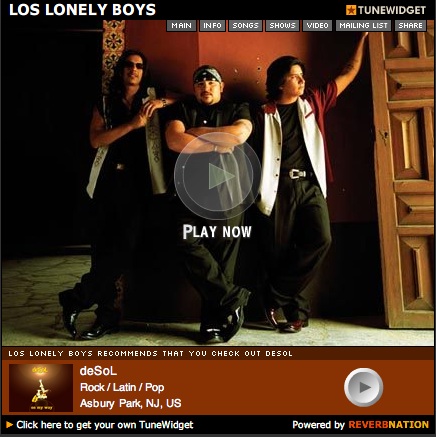Soulja Boy’s Not Ashamed
Wednesday, October 3, 2007

AllHipHop: You mentioned in previous interviews that you were lacking exposure on the streets, would you say the internet is a better alternative or just as good alternative to mixtapes?
Soulja Boy: The internet is a much more productive tool than mixtapes or the streets because I was hired for shows before I even signed a deal with a record label based on internet popularity. Everyone in the club, arena or stage where I performed knew word for word all of my lyrics to my songs off the strength of the internet. I wasn’t featured on any mixtapes or radio stations.
[...]
AllHipHop: What contribution are you bringing to Hip-Hop that hasn’t been done?Soulja Boy: I am bringing a new way of getting exposure before you are signed. Other artists are big from the streets or mixtapes, I am showing people another avenue. I came up on the strength of a myspace page. From that, I had die-hard fans that wanted to hear my music no matter what it was. For me to become a star from the bedroom of my house is definitely something big.
[...]
AllHipHop: At such a young age, how are you dealing with the backlash from haters against your style and movement?
Soulja Boy: Haters are going to hate. I don’t pay attention to haters as opposed to my fans. I talk to my fans everyday through logging onto Myspace. They also send me emails on my Sidekick.
I’ve been thinking lately about how the internet can position artists as peers of the fans, rather than above them (the Swedes I’ve been interviewing seem to be looking to get rid of the barriers between band, label and fan), so was struck by this piece of the Soulja Boy interview as well:
AllHipHop: Do you think people can relate more to you than other artists because regardless of their financial status, they can throw together something from their closet that resembles your attire?
Soulja Boy: They look at me like someone they can be just like. That is why I dress the way I do. If I come into your city, you can have on the same or similar attire that I have. I keep it really simple and my fans can be just like me.
Seems like such a nice boy.

